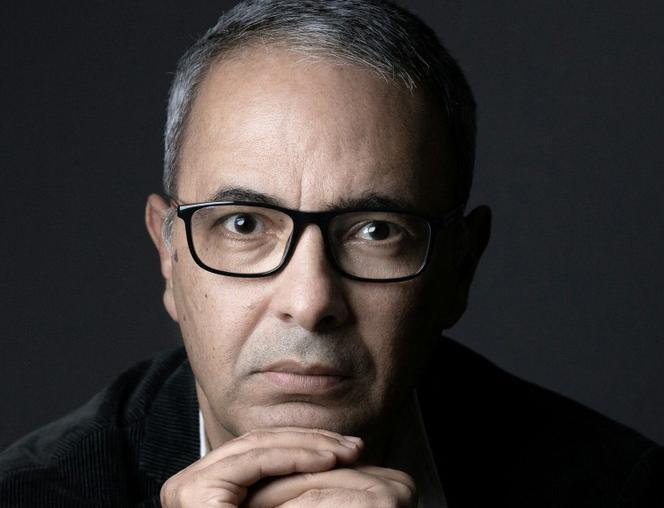


The Prix Goncourt, France's top literary prize, was awarded to Houris by Kamel Daouds, announced the Académie, newly chaired by writer and film director Philippe Claudel, on Monday, November 4, at the Parisian restaurant Drouant. Also in the running were Madelaine avant l'aube ("Madelaine Before Dawn") by Sandrine Collette, Jacaranda by Gaël Faye and Archipels (Archipelagos) by Hélène Gaudy.
Announced at the same venue in the wake of the Goncourt, the Prix Renaudot, another literary award, went to Faye for Jacaranda.
Seen for weeks as the favorite, Houris succeeds Veiller sur elle ("Watch Over Her") by Jean-Baptiste Andrea. With this novel, Daoud appeared in the Goncourt final four for the second time, 11 years after Meursault contre-enquête (The Meursault Investigation), which ultimately won the Goncourt for best first novel. The following decade established the writer, born in 1970 in the Algerian city of Mostaganem, a long-time journalist with Le Quotidien d'Oran and columnist for Le Point, as an important figure in public debate in France. He settled here in 2023, three years after receiving French nationality.
Houris makes its author the first Algerian winner of the Goncourt, although the book is banned in his country and no doubt caused Gallimard to be excluded from the Algiers Book Fair. The novel violates an article of the Charter for Peace and National Reconciliation, which prohibits the evocation of the "wounds of the national tragedy" – the expression used to designate the civil war that pitted Islamist groups against the Algerian army from 1992 to 2002 and left between 60,000 and 200,000 people dead and thousands missing.
Houris places this "black decade" at its heart. Twenty years after the end of the fighting, the story unfolds in two parts – from shadow to light, from silence to confrontation. First, the darkly lyrical monologue of 26-year-old Aube, a scar in the shape of a smile around her neck, addressing the child she is carrying in her womb. She won't give birth to him in this country that has taken everything from her, she says. Then, the soliloquy of a driver-librarian who makes her get into his car when she wanted to leave Oran on foot. In a memorial road trip, he takes Aube to the village where, one night, Islamists killed and slit throats.
He has an encyclopedic knowledge of the civil war, to the point of passing for mad; she bears the scars, but no longer has the vocal cords to talk about them. Following the disorder of their memories, the novel conjures up buried images, rehashing denied horrors in the hope of attesting to them. More than a work of truth, Daoud sets the scene for a liberation of speech.
Translation of an original article published in French on lemonde.fr; the publisher may only be liable for the French version.
